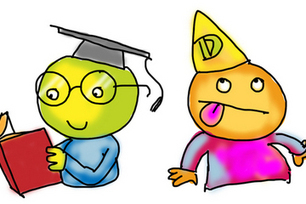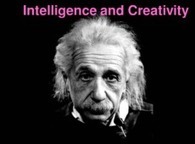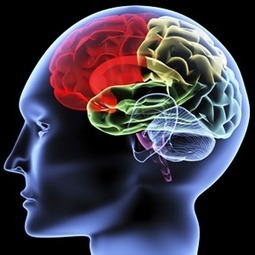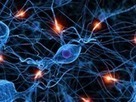Will constant access to the Internet make today's young people brilliant multitaskers or shallow, screen-bound hermits?
Research and publish the best content.
Get Started for FREE
Sign up with Facebook Sign up with X
I don't have a Facebook or a X account
Already have an account: Login

 Your new post is loading... Your new post is loading...
 Your new post is loading... Your new post is loading...
|
JMS1's curator insight,
October 7, 2013 9:06 PM
Ryal Newfeldt: Music is the perfect way to improve your mood, and clear your thoughts as you focus on sounds that stimulate your mind and soul. Therefore it is not surprising that Mozart's music has been scientifically proven to improve health in some instances |






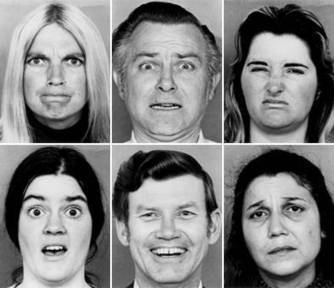






![[VIDEO] - Your Storytelling Brain | Science News | Scoop.it](https://img.scoop.it/1P7yBbwynIiILIwiraouATl72eJkfbmt4t8yenImKBVvK0kTmF0xjctABnaLJIm9)
